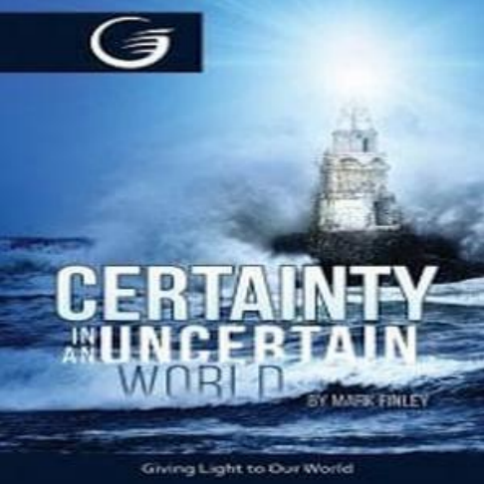In the realm of finance, where profits are calculated in percentages and investments are assessed based on how well they perform in the market, insurance holds a role that is frequently misinterpreted. It does not function as an investment since buyers do not anticipate extraordinary profits from it. Instead, it provides a different type of benefit: the reliable and constant safety that enables any other financial achievement. For wealthy people, this distinctive advantage changes insurance from a simple cost into a crucial element for long-term financial security.
Certainty in an Uncertain World
Insurance offers the reliability of fixed outcomes in exchange for premium payments, unlike investments that can’t promise the same certainty. While stocks, real estate, and private equity yield fluctuating returns based on market changes, insurance secures specific results when you need them the most. For example, a life insurance policy valued at $10 million promises to provide that same amount to your beneficiaries, regardless of any market downturns, business failures, or economic troubles. Similarly, a $20 million umbrella liability policy protects you against judgments that could severely harm your wealth, with no exceptions. This assurance is the fundamental benefit of insurance: it transforms financial uncertainty into dependable contracts, offering a level of stability unmatched by any investment.

Wealth Preservation: The Invisible Return
The real value of insurance is in what it keeps safe: your wealth. For people with substantial assets, just one unexpected incident—a million-dollar lawsuit, a serious medical emergency, or a major business downtime—can wipe out years of financial growth in an instant. Insurance acts as a barrier against these dangers, helping to save money that could disappear otherwise. Paying $100,000 each year for full coverage isn’t simply a cost; it’s a protective measure that shields over $50 million in assets from devastating losses. This safeguarding of wealth shows a return on investment based on the capital kept safe, not just the income earned—this is much more important for those who have significant wealth to protect.

Lifestyle Continuity: The Priceless Return
Insurance provides security in daily life, so that significant health issues or claims for damages do not lead to tough decisions. Families won’t have to decide between getting the best medical care and trimming their household budget, or selling their homes and changing their children’s schooling. For wealthy families, this allows them to maintain their communities, chances for success, and high living standards even in difficult times, which can be seen through the life choices they keep, rather than just financial savings.

Legacy Stability: Returns Across Generations
Insurance provides guaranteed payouts that are tax-friendly, helping families keep their wealth over generations. In contrast to investments that rely on market performance, these policies bypass the slow probate process and the burden of estate taxes. For instance, a second-to-die policy worth $10 million guarantees that beneficiaries will get their inheritances fully. This liquidity is especially beneficial for families with businesses or assets that aren’t easily sold, as it stops the need for forced sales, thereby protecting valuable assets for future generations, regardless of market fluctuations.
Opportunity & Peace of Mind: Hidden Returns
Insurance empowers bold decisions by mitigating risks: investors pursue high-growth ventures with catastrophic coverage; professionals like surgeons invest in practices protected by malpractice insurance. Equally critical is psychological security—alleviating constant risk worries frees mental energy for productivity, enhancing performance, relationships, and well-being.
Insurance doesn’t generate wealth through market gains but ensures wealth endures; it doesn’t pay dividends but guarantees stability; it doesn’t appreciate but preserves legacies. In uncertainty, it delivers life’s most steady, essential returns—underpinning all other financial achievements.



